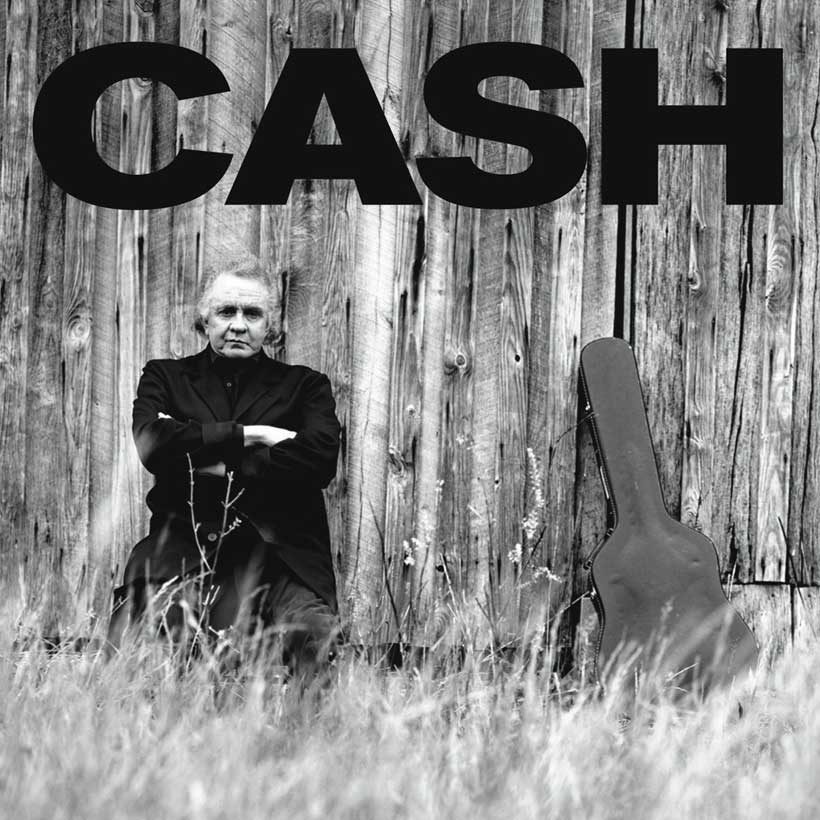‘Unchained’: Johnny Cash’s Boundary-Breaking ‘American Recordings’ Album
The album showed how American roots music dubbed ‘Americana’ had infiltrated almost every type of music.

When Johnny Cash released American Recordings in 1994, it was as much a revelation for fans of The Man In Black as it was for long-time followers of its producer, Rick Rubin. Having co-founded the iconic Def Jam label in 1983, Rubin had made a name for himself producing bass-rattling blasts of hip-hop, such as Beastie Boys’ Licensed To Ill album, along with ear-splitting thrash pioneers Slayer, whose Reign In Blood dragged a new kind of heavy metal into the daylight in 1986. At the same time as Rubin was helping to birth new sounds, country legend Cash was moving ever further away from his most groundbreaking work: the era-defining rockabilly he patented at Sun in the 50s, and the mold-breaking outlaw prison albums he recorded at the end of the 60s. Yet he remained a rebel at heart, so when Rubin contacted Cash to ask if he’d be interested in signing to his American Recordings imprint, there was no good reason not to. What followed was a slew of late-period classics, Unchained, Solitary Man and The Man Comes Around among them.
Listen to Johnny Cash’s American II: Unchained on Apple Music and Spotify.
Released in 1994, the first fruits of this collaboration were revelatory. On a mix of originals and covers of songs by the likes of Leonard Cohen and Tom Waits, Rubin stripped Cash’s sound down to the bare bones – just his voice and guitar – and coaxed arguably the most heartfelt performance out of the country legend in decades. American Recordings also served as a sharp reminder that the rising tide of “alt-country” youth – among them Steve Earle, Uncle Tupelo and the Ryan Adams-fronted Whiskeytown – owed their punk attitudes to the man who’d done it all before.
With train songs, murder ballads, and appeals to the Lord, American Recordings also drew a long line from Cash back to country music’s deepest roots. Released two years later, on November 5, 1966, the Grammy-winning American II: Unchained paired him with Tom Petty & The Heartbreakers and found Cash tackling material by younger songwriters. While none of them were penned by the then current crop of alt-country heroes (Petty’s own “Southern Accents” was as close as it got to that), Cash’s versions of the likes of “Rowboat” (originally by shape-shifting genre unto himself Beck) and “Rusty Cage” (a 1992 single by grunge icons Soundgarden) showed that this American roots music dubbed “Americana” had well and truly infiltrated almost every type of music – and, thanks to the inclusion of “I’ve Been Everywhere” (penned by Australian country star Geoff Mack), all corners of the globe as well.
No strangers to backing mercurial icons – Petty and co had, after all, toured as Bob Dylan’s band in 1986 and ’87 – The Heartbreakers were the perfect accompaniment for Cash. Switching gears at the drop of a hat, they roll with ease through the plaintive, pedal steel-infused “Rowboat”; the relentless drive of “Rusty Cage” (reimagined as defiant country-rock with, in its own way, as much heaviosity as anything Rubin had helmed in the 80s); the lonesome shuffle of “The One Rose (That’s Left In My Heart)”; and “I Never Picked Cotton,” which directly taps into the boom-chicka-boom sound of Cash’s Sun years.
Hitting No. 26 on Billboard’s Country chart, Unchained proved that its predecessor was no mere novelty fluke, setting The Man In Black loose to eventually achieve his best chart placements in over three decades. He would soon be well inside the Billboard Top 200 with American III: Solitary Man, before topping both the Country and Top 200 charts, and finding himself in the UK Top 10, across three further American releases.
Johnny Cash’s American II: Unchained can be bought here.












